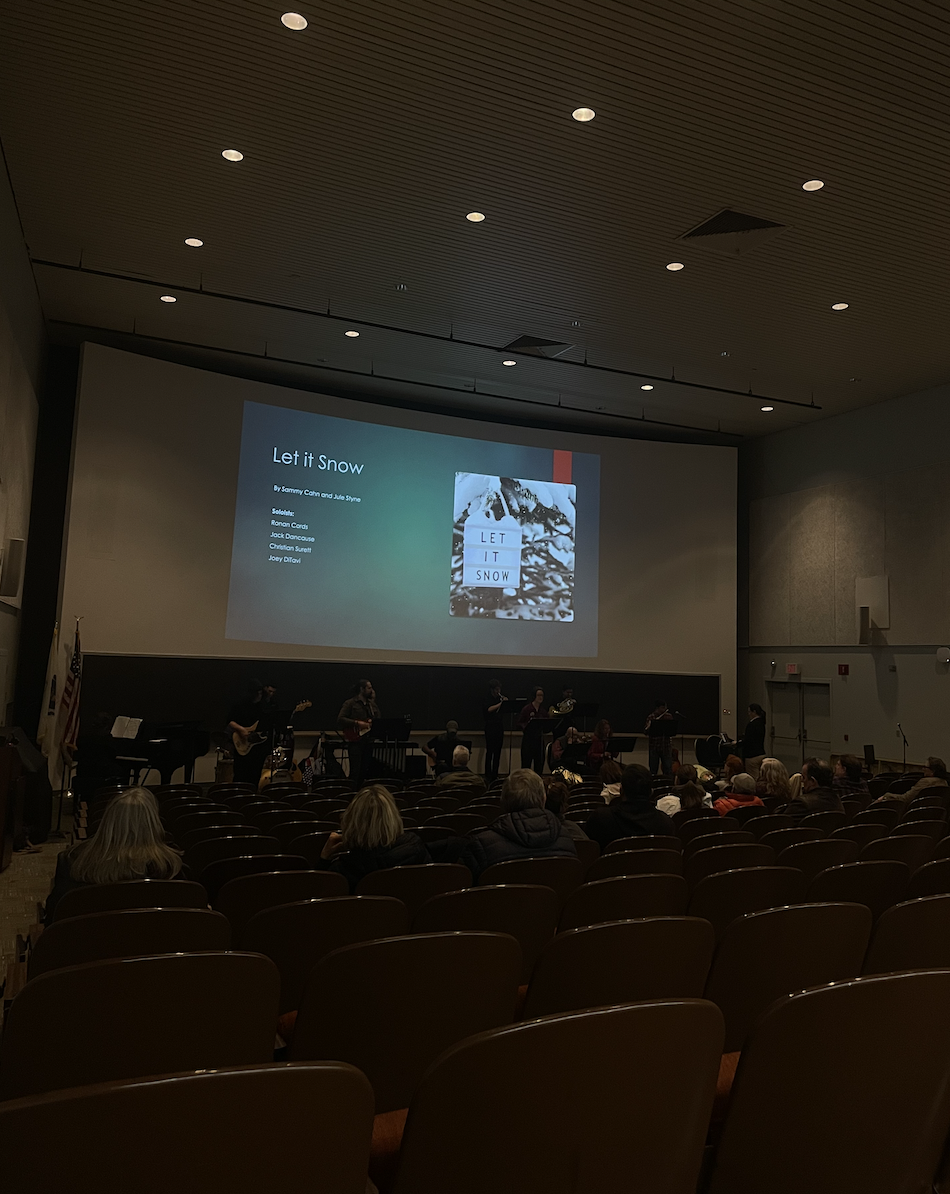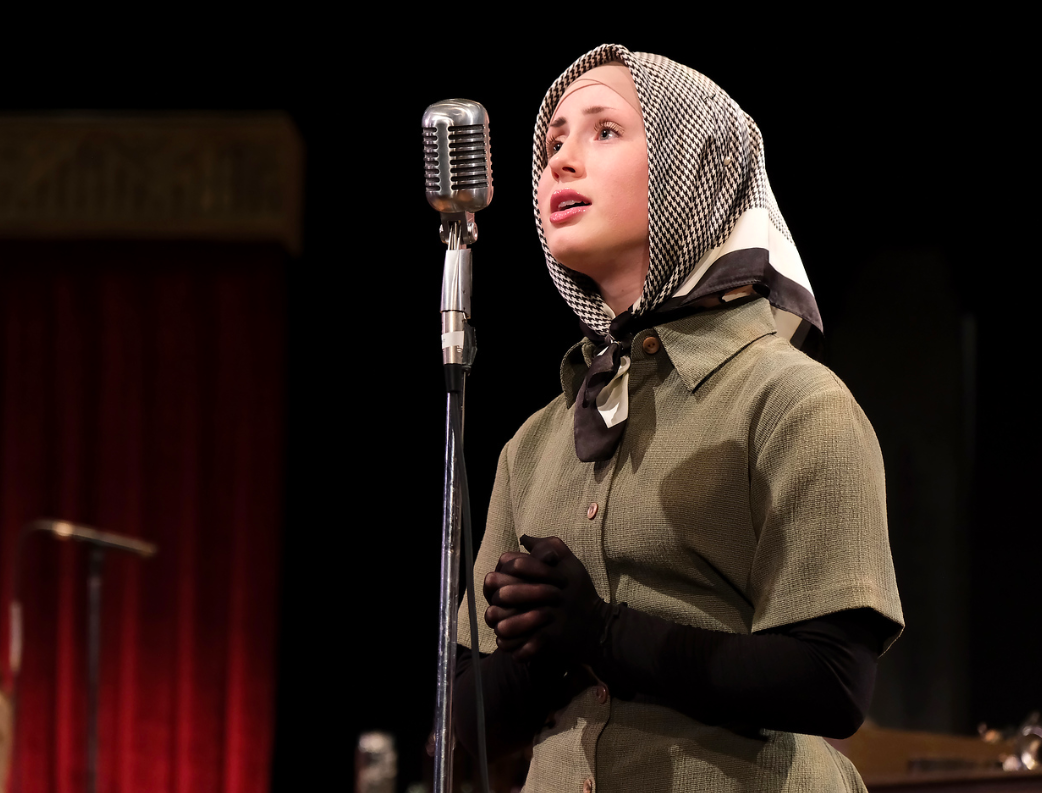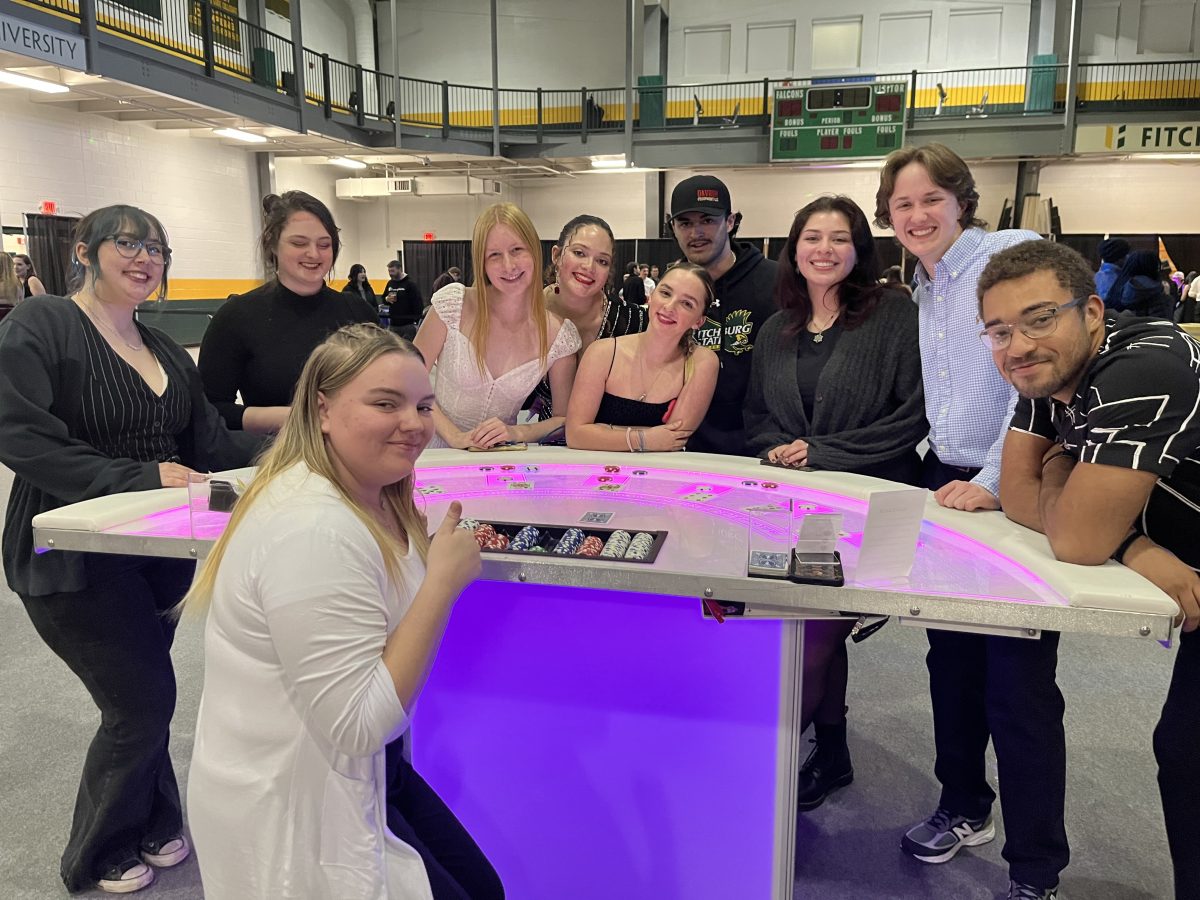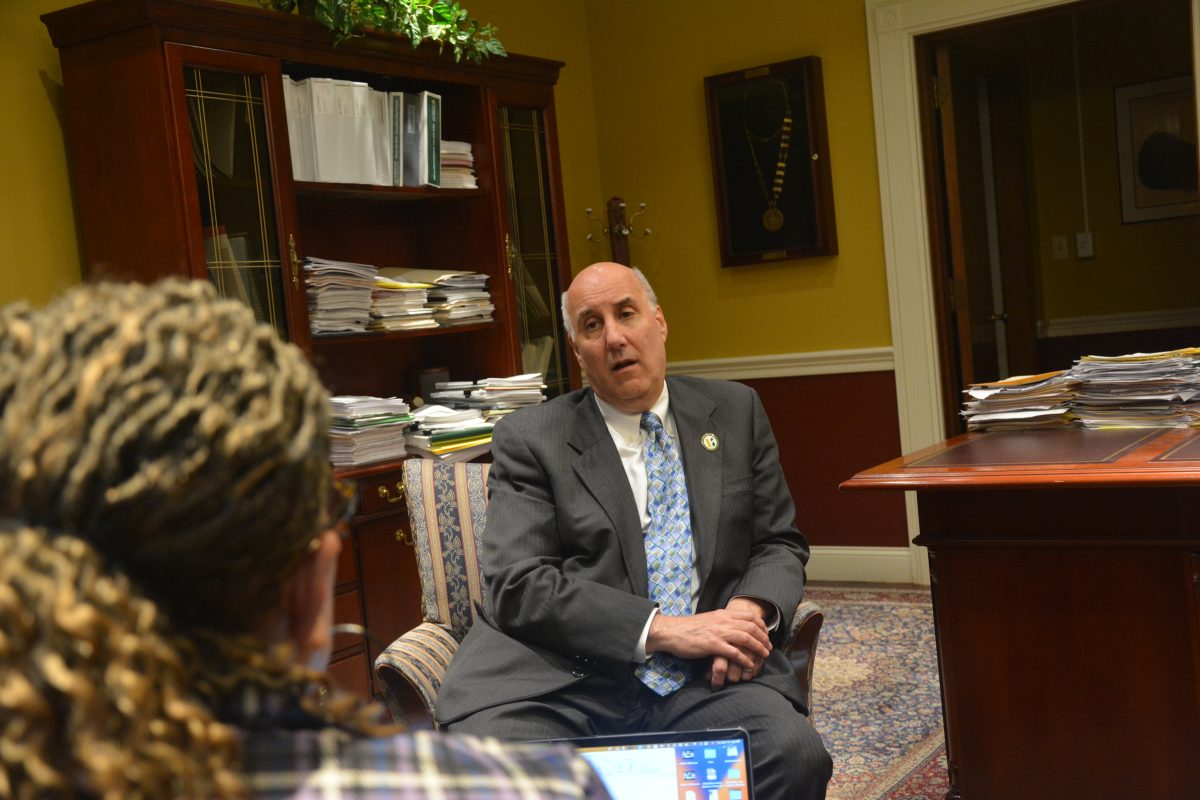
By Shawna Paul
One of the most hot-button political issues of the last 15 years has been the debate on the effect that humans have on global climate change.
Two professors at Fitchburg State University are trying to make the issue a little less foggy. Dr. Benjamin Lieberman of the history department and Dr. Elizabeth Gordon of the geo/physical sciences department are teaming up next fall to teach Climate Change and Human History, an interdisciplinary elective course that will merge both history and science.
On his motivation for developing the course, Lieberman said, “I’m struck by the extent to which some seem to assume that our society is disconnected from climate. Past climate change shaped the very rise of human civilization and now
that civilization is in the process of changing the very climate that proved so ideal for the rise of civilization.”
The plan is for Gordon and Lieberman to have equal teaching time with the students. Gordon will focus on the science and Lieberman on the historical implications of climate change. “It will be a cool opportunity to link the science story to the human story,” Gordon said.
It wasn’t until 10,000 years ago that the Earth became warm enough to sustain human life and agriculture. So in addition to the effects that humans have had on climate change, [the course will] “talk about the reverse side of things, how climate has affected humans,” Gordon said. “The course will start with a baseline of how the climate system worked before humans came on the scene,” Gordon said.
So what about that debate on global warming? Gordon, who has been using records of climate change for years in her training as an oceanographer, said, “There is no debate in the science community. It is only debated in the political arena.”
In her other courses, Gordon has used surveys to gauge students’ opinions on the subject, and she has found that some students don’t believe in a link between humans and climate change. Gordon said that the issue is complicated and that people should not get their information from the media or politicians. She wants students to look at the evidence and come to the conclusion that scientists have, on their own.
Both professors are excited by the opportunity the new course presents. “I’m looking forward to working with students to explain both how climate has shaped human history and to analyze how humans have in turn reshaped the climate,” Lieberman said.
Climate Change and Human History, cross-listed as Geog 2056 and Hist 2056, will meet next fall on Tuesdays and Thursdays from 2 to 3:15 p.m.






